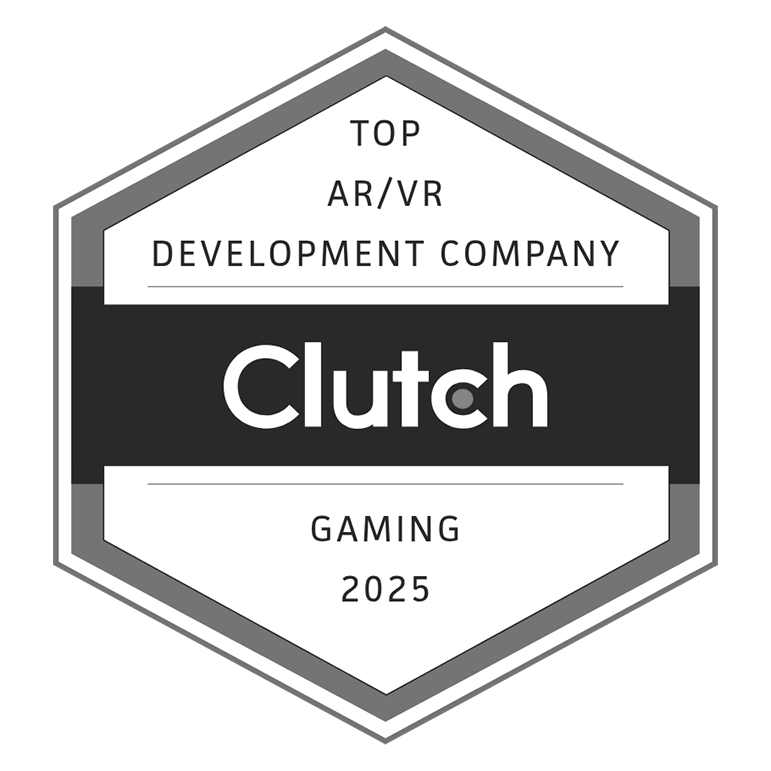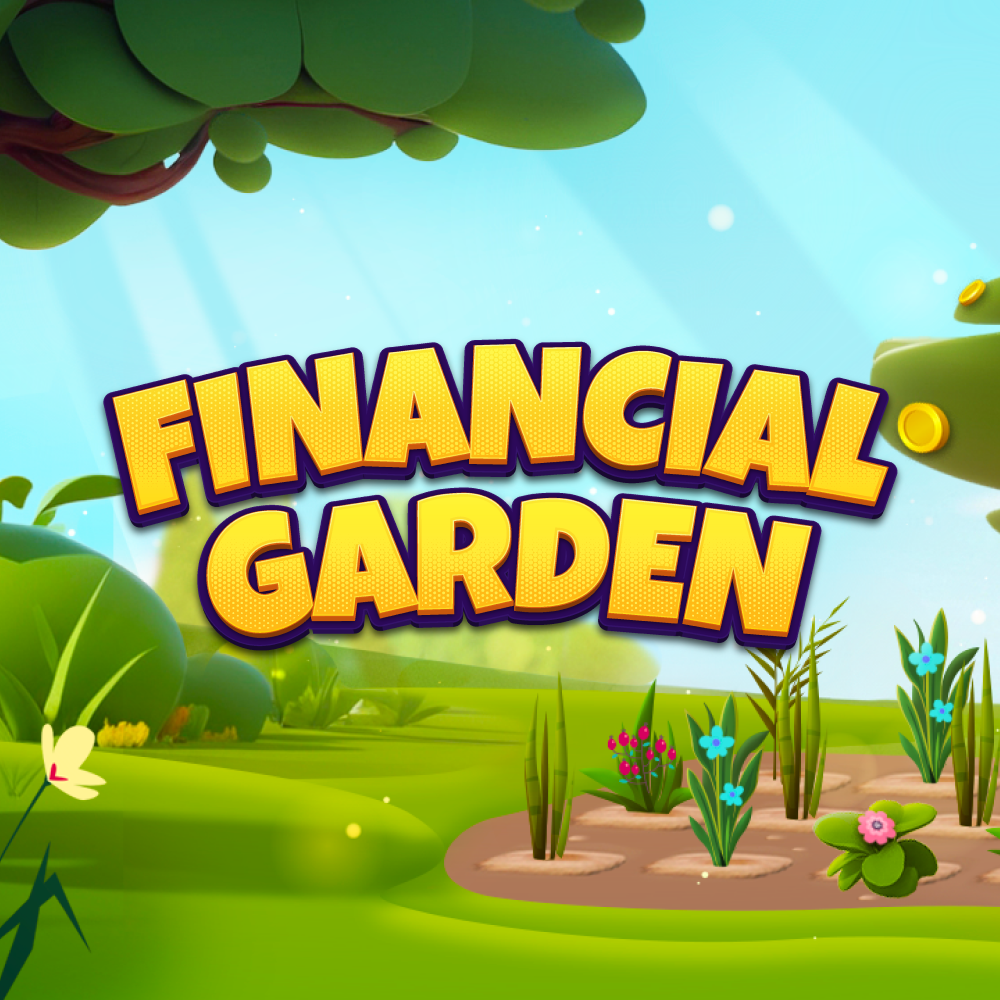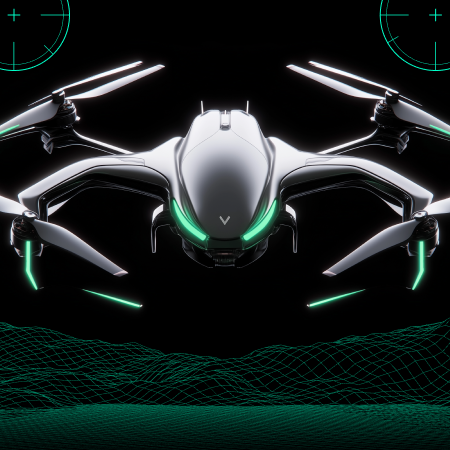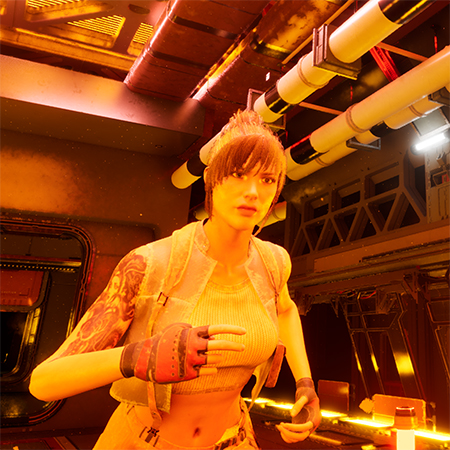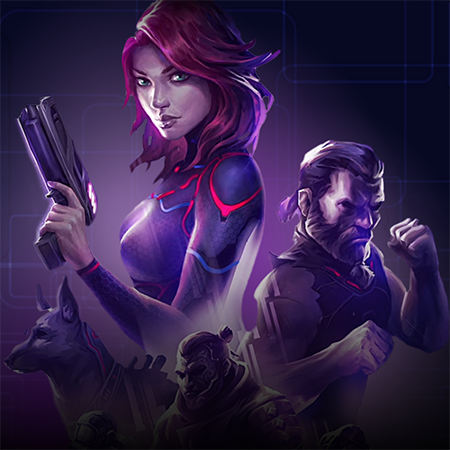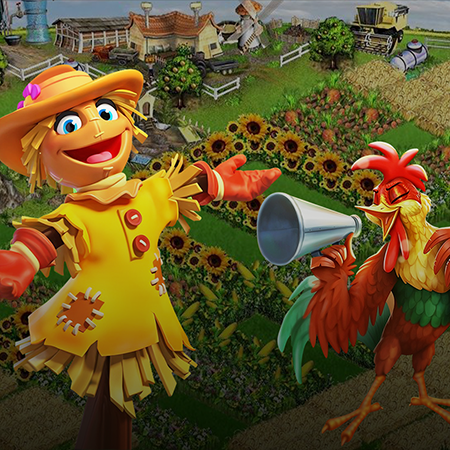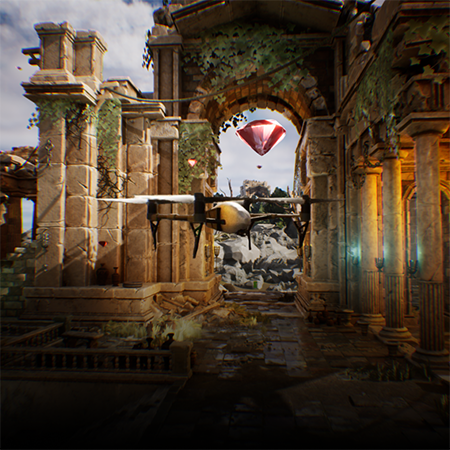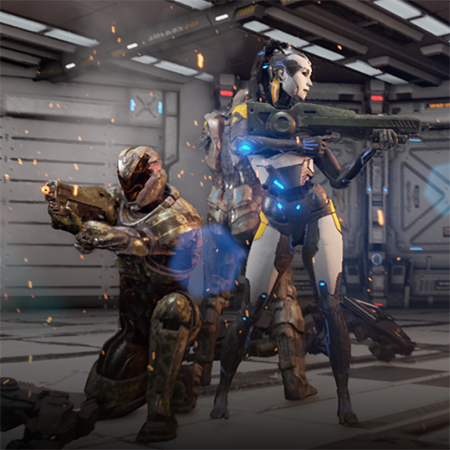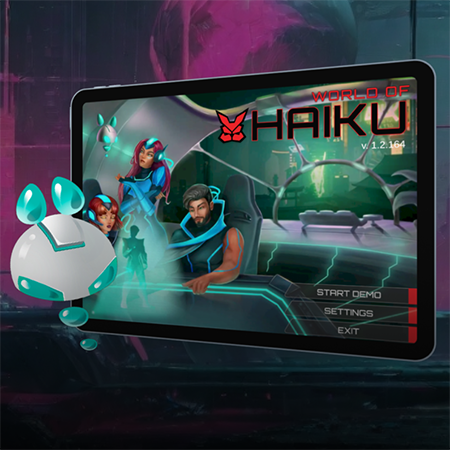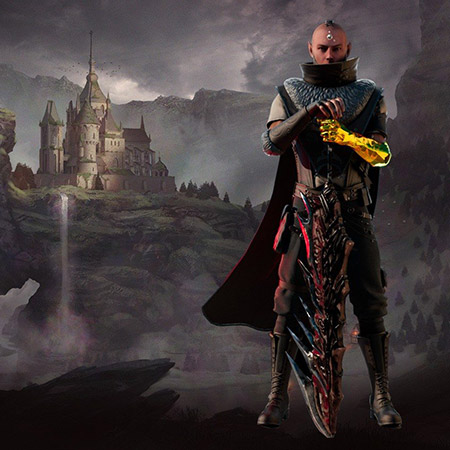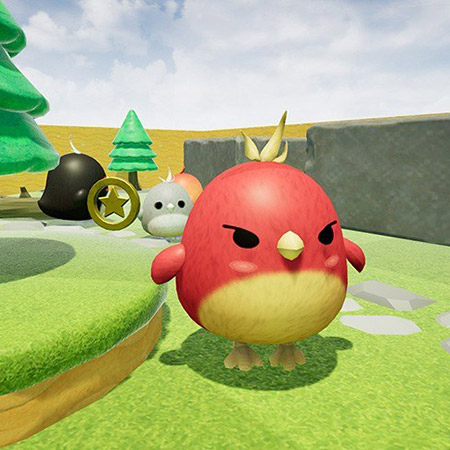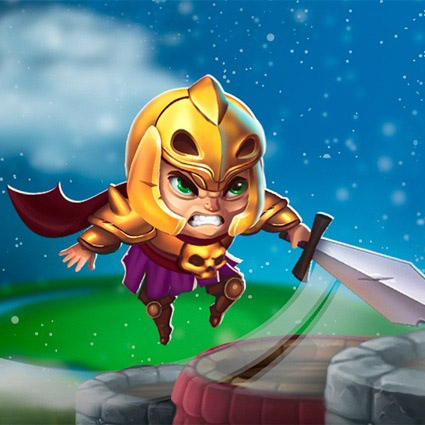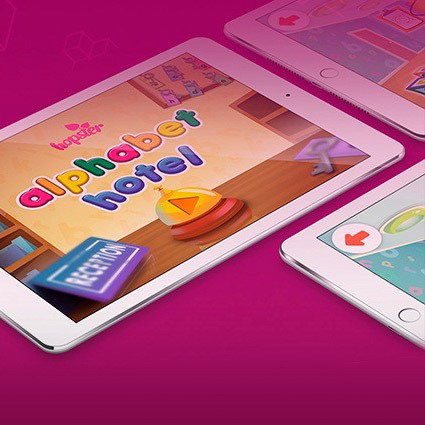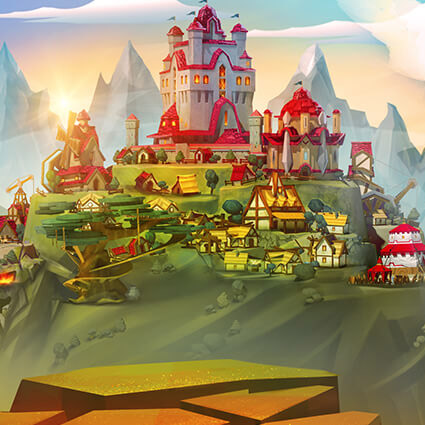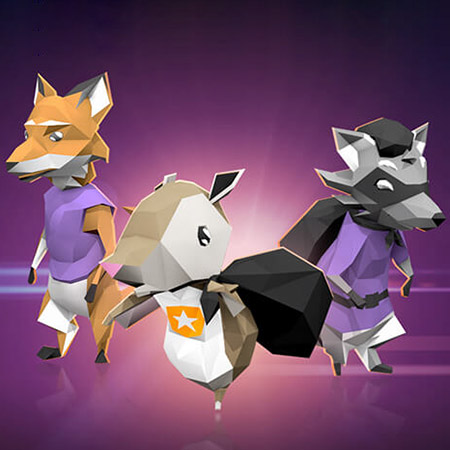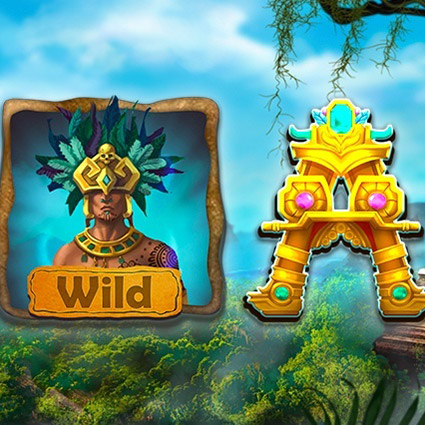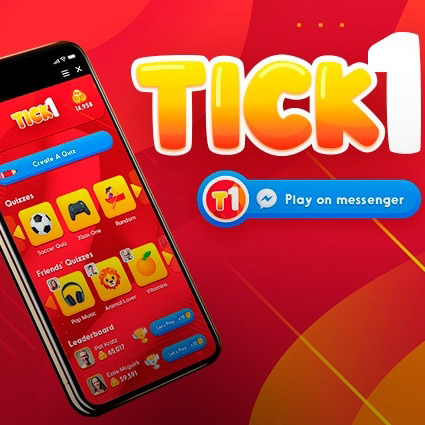RPG game development is a specialized branch of game design centered around creating interactive narratives where players assume the roles of individual characters and make decisions that influence the game's storyline, world, and outcomes. Originating from traditional tabletop role-playing games like Dungeons & Dragons, digital RPGs have evolved into a dominant and diverse genre in the video game development industry, offering mobile and desktop gaming apps.
At its core, RPG game development focuses on character progression, storytelling, and world-building. Players typically start with a basic character that they can develop over time by gaining experience, acquiring new skills, and obtaining equipment. This sense of growth and evolution is a hallmark of RPG game development.
Storytelling is another defining feature in RPG game development. While many game genres incorporate narrative elements, role-playing games often emphasize deep, branching storylines. Players' choices can lead to various outcomes, allowing for multiple endings and replayability. This emphasis on choice and consequence creates a more immersive experience as players become deeply invested in the fates of their characters and the game world.
World-building in RPG game development is also more expansive and detailed compared to many other genres. Game development specialists craft intricate settings, from sprawling fantasy landscapes to dystopian future cities, populated with a myriad of NPCs (non-playable characters), each with their backstories and subplots. These worlds are not just backdrops of the game development process but interactive spaces where players can explore, influence, and change.
So, how does RPG game development differ from other genres?
While many games feature character progression, role-playing games often have more intricate systems, including skill trees, moral alignment charts, and relationship dynamics with other characters. This is a testament to the depth of RPG game development.
RPG game development typically offer deeper and more branching narratives. The player's choices can lead to multiple story paths and endings, whereas other genres might follow a more linear storyline. This narrative depth is a unique aspect of RPG game development.
In RPGs, the game world is not just a stage for action but a living, breathing entity. Players can interact with various elements, from engaging with NPCs to affecting political or economic systems. This level of interactivity is a significant part of RPG game development.
While action and reflexes might be the focus in game development genres like first-person shooters or platformers, role-playing games typically require players to strategize in turn-based combat, resource management, or navigating complex dialogues. This strategic depth is another hallmark of RPG game development.
RPG games tend to be longer and aim to immerse players deeply. They often feature extensive lore, detailed backstories, and a pace that allows players to sink into the world at their leisure. This immersion is a testament to the intricacies of RPG game development.
While all game development genres offer unique experiences and challenges, RPG game development is characterized by depth, narrative complexity, and emphasis on player choice and immersion. It's a game development genre that demands a lot from both game development engineers and players but, in return, offers some of the most memorable and enduring experiences in the game development world.



















